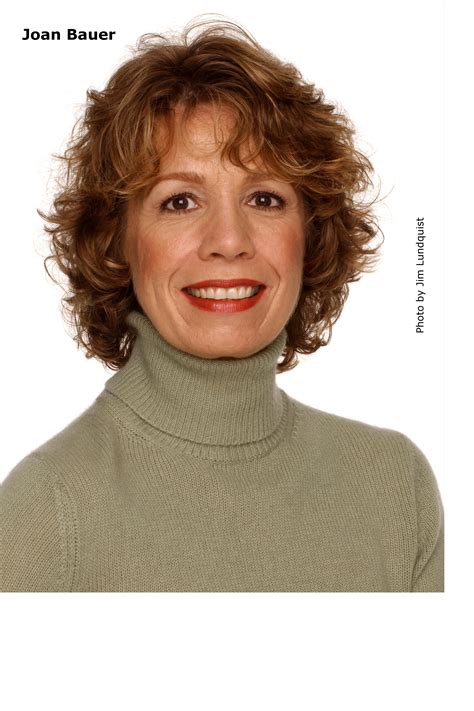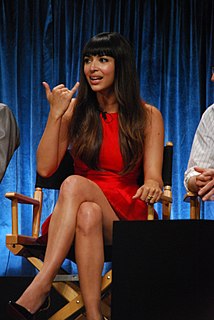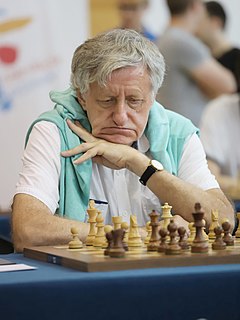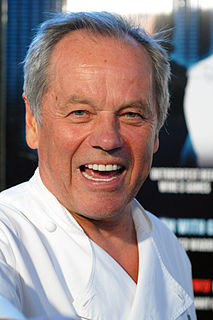A Quote by Mark Billingham
I used to be something of an obsessive when it came to research. When I first began writing the Thorne novels, I would drive to a set of traffic lights in the early hours of the morning to make sure you could turn left. I thought it was important to get even the most trivial details right.
Related Quotes
I do have a touch of OCD, and I used to obsess about research. But I'm better than I was. Gone are the days when I would drive to a set of traffic lights to find out if you could turn left. I finally realised it didn't matter. A book will not stand or fall on whether or not there's a branch of Starbucks in Brixton.
When I was probably about 10 or 11, and I found it was simply something I could do. When you're at school and you do something and you get praised for it, you think, "Oh, right, well I'll do that." From then on, I always thought I'd be a writer. I thought novels at first, and then I sort of naturally drifted into TV.
When I began writing in the mid-1960s, I thought it was not important for readers to know whether I was male or female. Also, I was a great admirer of E.B. White, so I may have thought that it would bring me luck to submit my first manuscript as 'E.L.' But if I were starting out today, I would use my first name.
I was at Arsenal as an 11-year-old. I really enjoyed it but I was at school and my dad used to drive me there after work. Sometimes we were in traffic for two hours. They wanted to keep me but I wasn't getting home until nearly 11 P. M. I loved it there but it wasn't right, so I came to West Ham and haven't looked back.
It seemed to me that the people who made the rules of the road had figured out everything that would help a person drive safely right down to having a sign that tells you you're passing through a place where deer cross. Somebody should stick up some signs on the highway of life. CAUTION: JERKS CROSSING. Blinking yellow lights when you're about to to something stupid. Stop signs in front of people who could hurt you. Green lights shining when you're doing the right thing. It would make the whole experience easier.
I went to Coachella once, and it was only to go see Leonard Cohen. I got in the car and sat through all the crazy traffic in L.A. to get there - instead of a two hour drive, it takes, like, six hours. Then I watched his set and turned around and left. I just so wanted to see him perform in the desert.
Just concentrate on the performers. Make sure you get the performers, and that's it. That's all we need to do." And I was thinking, "Well what if you do both? Of course the performance is important, the writing is really important. But what if you could have the perfect marriage of making it look really slick as well?" I think that's kind of what I tried to develop as a style, and Spaced was the first TV show I did where all the elements came together.
I think the most important thing when you are in a competition and you have, let's say, ingredients you have to use make something you did already because none of the judges, you know, probably had it in our lifetime, so I think do something you feel confident with, not something completely new where you are not sure how many hours or how many minutes you have to cook it or if the seasoning is right or if the combinations of spices and herbs are right.






































